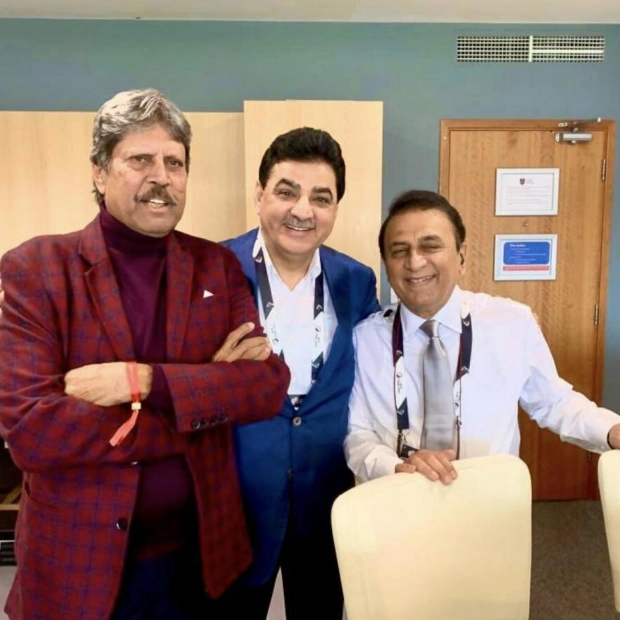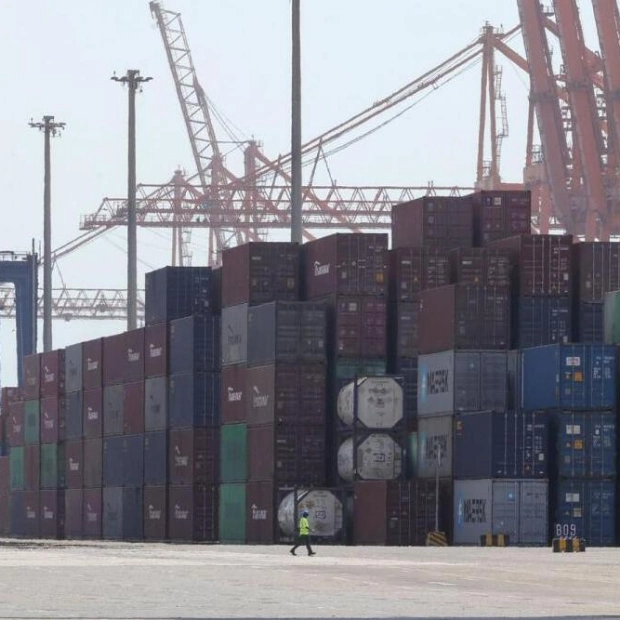Every now and then, George Burley takes a stroll through the park and encounters a reflection of his younger self. Kieran McKenna is practically a neighbor; their greetings are always warm, and they share a wealth of common ground. They are the only two men alive who fully understand what it takes to guide an Ipswich side to the Premier League, and both have come to appreciate how success in Suffolk can elevate a reputation to new heights. For Burley, it was a fifth-place finish in the 2000-01 top flight, immediately after promotion, that catapulted him into the pantheon. He was named Manager of the Season, one of only five times the award was given to someone who didn't win the title, and it capped a fairytale story that now seems almost unbelievable. 'It couldn't get any better; it was an honor, an incredible feat,' he recalls. 'I don't know if a team that comes up could equal or surpass that now. It might never happen again.'
Burley is now 68 and has been away from football for a long time. He returned to Ipswich 11 years ago after his final managerial role, a brief stint at Apollon Limassol. The glory days at Portman Road were never quite recaptured, but there is little sense of what might have been. He felt he owed his family the time they had missed since he left East Ayrshire at 15 to sign with a club that would flourish under Sir Bobby Robson. 'Some managers say they can't do without football, but I've never been that way,' he says. 'I think there's more to life.'
Try telling that to anyone in Ipswich nowadays. The town has been buzzing since McKenna oversaw consecutive promotions, with park visits now often accompanied by well-wishers eager to draw parallels with Burley's golden era. It was a different time: back then, Hermann Hreidarsson was the only significant pre-season addition to a side that had, after four years of falling short of promotion, finally made it through the playoffs. Ipswich could only strengthen by selling and reinvesting: it was a triumph of patience, self-sustainability, and, perhaps above all, exceptional coaching.
'We knew we had to bring in about £1m a year,' Burley says of those seasons when, after joining a club doomed to relegation midway through the 1994-95 campaign, Ipswich knew they had to build iteratively. 'We brought in a lot of young players and many who hadn't been playing regularly at their clubs but had the appetite and desire to improve. Players who weren't big stars but were great footballers.'
Burley's more eye-catching revelations in the book include that one of the country's bigger clubs had shown interest in him during the summer of 2001. In the end, he stayed put, but it felt cruel that Ipswich, with ambition getting the better of them through some questionable transfers and the rigors of Uefa Cup football, were relegated the following year. Should he have taken the next step while his stock was at its peak? 'There was always going to be interest, but Ipswich was my club, and it didn't feel like the right time to move on; it was a case of trying to build on what we'd done,' Burley says. 'Unfortunately, we couldn't do that. We should maybe have said that we'd be happy to stay in the league again. The previous season every player had played to the top of his ability, maybe above, and to keep that standard was difficult.'
Through it all, there were hardships to overcome. In 1981, he missed Ipswich's Uefa Cup final win over AZ Alkmaar with a cruciate injury and was told by a surgeon that he would not play again. His wife, Jill, told him to defy the odds, and a year later, he was playing in the World Cup with Scotland. Within two and a half months of joining as a young manager from Colchester, he was implicated in a humiliation that may have broken others as Manchester United beat Ipswich 9-0 at Old Trafford. 'A horrible experience,' he says. 'I knew we didn't have a strong squad. I remember Sir Alex Ferguson being pleased that I came to see him afterwards, saying just to move on from it. That's what I had to do. You take it on the chin.'
Tragedy struck in 2003 when Dale Roberts, Burley's dear friend and much-admired assistant, died of cancer. Now Burley faces his own grapple with the disease; it was a shock to be diagnosed, and his condition was made public in September. He has undergone six cycles of chemotherapy, and an operation may follow. For all that, he looks and feels well; the affection of a community he has served so gloriously is always close at hand. 'I've had: 'You're not gonna play football any more,' and it was: 'All right, let's beat that.' This is another test. I've got great people looking after me and feel fine. People will stop me out walking and tell me their stories of dealing with cancer. It's great support.'
Ipswich has been among those rallying around, and Burley finds plenty of joy in attending their top-flight games under McKenna, who at 38 is the same age he was when taking the reins. 'Very down to earth, doesn't get carried away, loves being here and has his heart in the right place,' Burley says glowingly of his interlocutor from those park visits. Looking back to everything around that unsurpassable achievement in 2001, he could easily be talking about someone even closer to home.
Source link: https://www.theguardian.com






